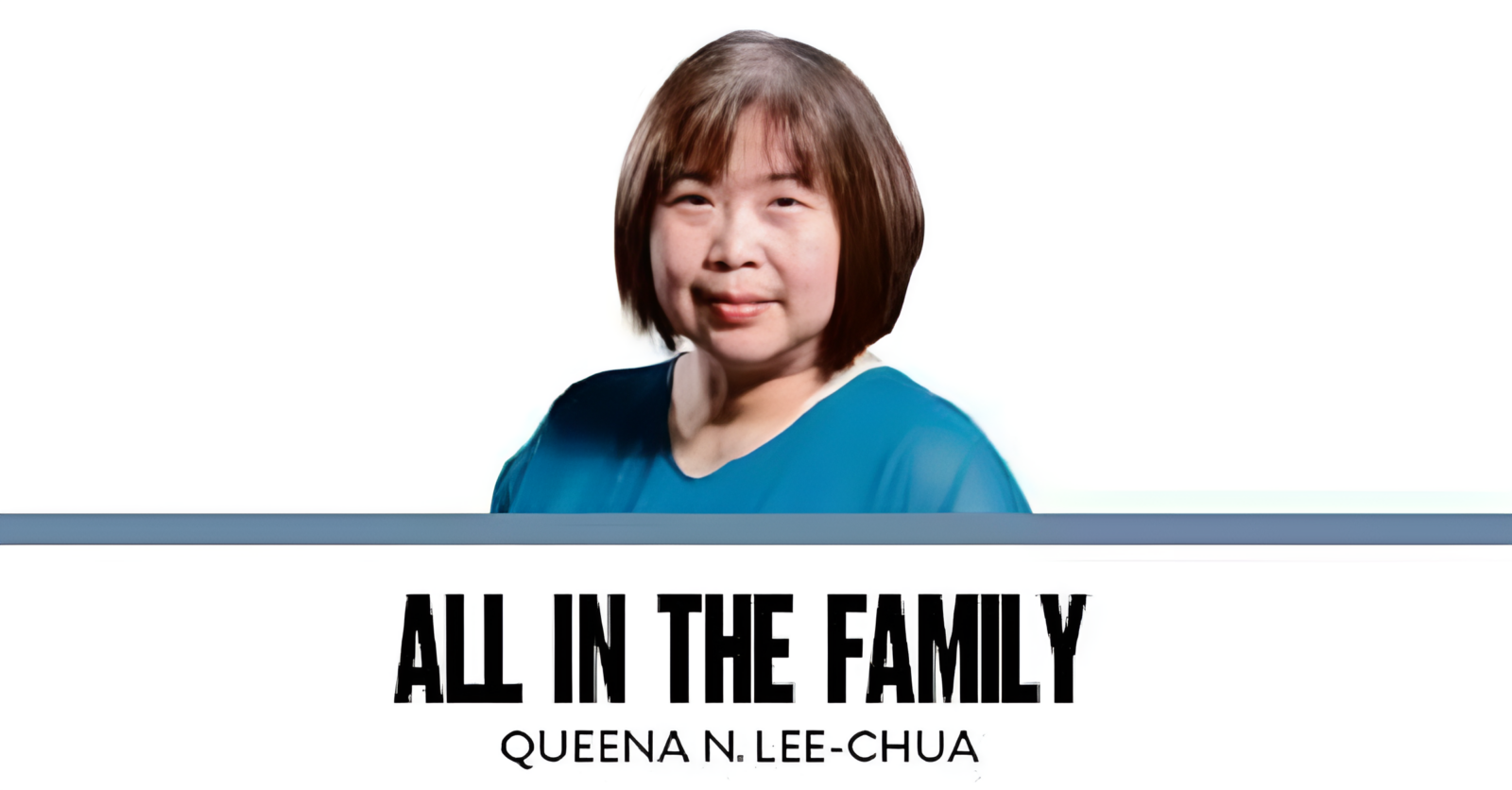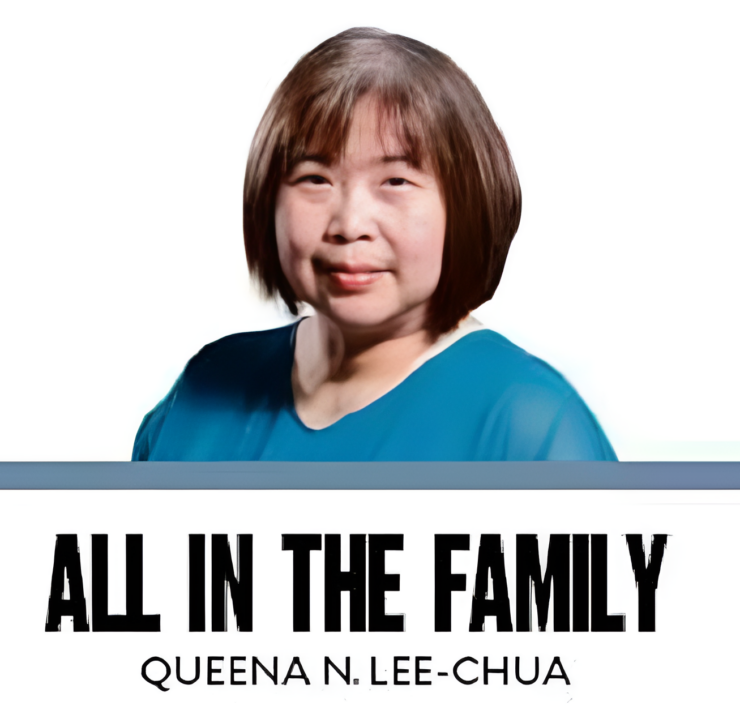Good news for domestic helpers in Hong Kong

Though we wish that our country can enable all Filipinos to make a decent living locally, it is nevertheless good to know that the government of the territory nearest us, Hong Kong, recognizes that Filipino domestic helpers provide essential services to its citizens.
Early this week, the HK government announced a welcome raise of 2.2 percent in its minimum allowable wage (MAW) for foreign domestic helpers (FDHs), from HK$4,990 to HK$5,100 monthly.
The law further stipulates that employers provide helpers free food, either in their household or through a monthly allowance of at least HK$1,236 (unchanged from last year).
“The Government regularly reviews the MAW for FDHs to ensure its level is commensurate with Hong Kong’s economic and labor market conditions,” says a spokesman.
“In this year’s review, we comprehensively considered a basket of factors in accordance with the established mechanism, including Hong Kong’s general economic performance and labor market conditions over the past year, near-term economic outlook, affordability of FDH employers, basic living needs of FDHs and views of different stakeholders. Taking into account all the relevant factors in a holistic manner, the Government has decided to increase the MAW.”
The dynamics of employer-employee relations were analyzed in a survey by HelperChoice, a recruitment company connecting both parties, through 1,549 job postings published on its site between August 2024 and August 2025, with the objective of analyzing salary and hiring conditions in the territory.
The mandated minimum wage is one thing, but according to HelperChoice, the average monthly salary in 2025 is HK$5,722, which is a 7.9-percent increase from 2024.
The New Territories gives the highest average monthly wage at HK 5,886, followed by Hong Kong Island at HK$5,807, and Kowloon at HK$5,158.
“This continued upward trend reflects employers’ growing willingness to offer competitive salaries to attract experienced domestic workers, particularly those already based in Hong Kong, whose paperwork processing is faster and who can often extend their contracts without returning home,” says HelperChoice.
‘What families value most’
By law, FDHs must live with their employers.
HelperChoice’s survey shows that 73.7 percent of employers provide a private room for them, 12.9 percent a shared room with a child, 8.3 percent shared space with another domestic worker, and 5.1 percent shared space with another adult family member, such as an elderly relative.
These signal the increasing trend towards more private living space for FDHs.
“In 2025, we’re seeing a noticeable shift in what families value most,” says Raymund Sze, the company’s general manager.
“Employers are no longer just hiring based on cost, they’re willing to offer higher salaries for helpers with prior Hong Kong experience, child care or elderly care expertise. Convenience and reliability have become top priorities, especially in dual-income households where domestic workers play an essential role in day-to-day family life. Employers are typically willing to increase the salary when renewing the contract with a reliable domestic helper.”
However, a March 2024 HelperChoice survey found areas for improvement. In interviews with FDHs, “several reported that they are ill-treated by the children: they lose credibility when their employer put into question their way of doing in front of the children; some housemaids are admonished because of the children’s behaviors or are held responsible in case the children complain to their parents.”
“Less than a quarter of the domestic workers are taking care of pets but bites from dogs are unfortunately quite common among pet sitters.”
A third of interviewees said that their employers treated them disrespectfully, shouting at them, making them work long hours, giving them only little or leftover food.
Aside from sufficient wages, FDHs have the right to decent treatment as well.
(Queena N. Lee-Chua is on the board of directors of Ateneo’s Family Business Center. Get her book “All in the Family Business” at Lazada or Shopee, or e-book at Amazon, Google Play, Apple iBooks. Contact at blessbook.chua@gmail.com.)


















